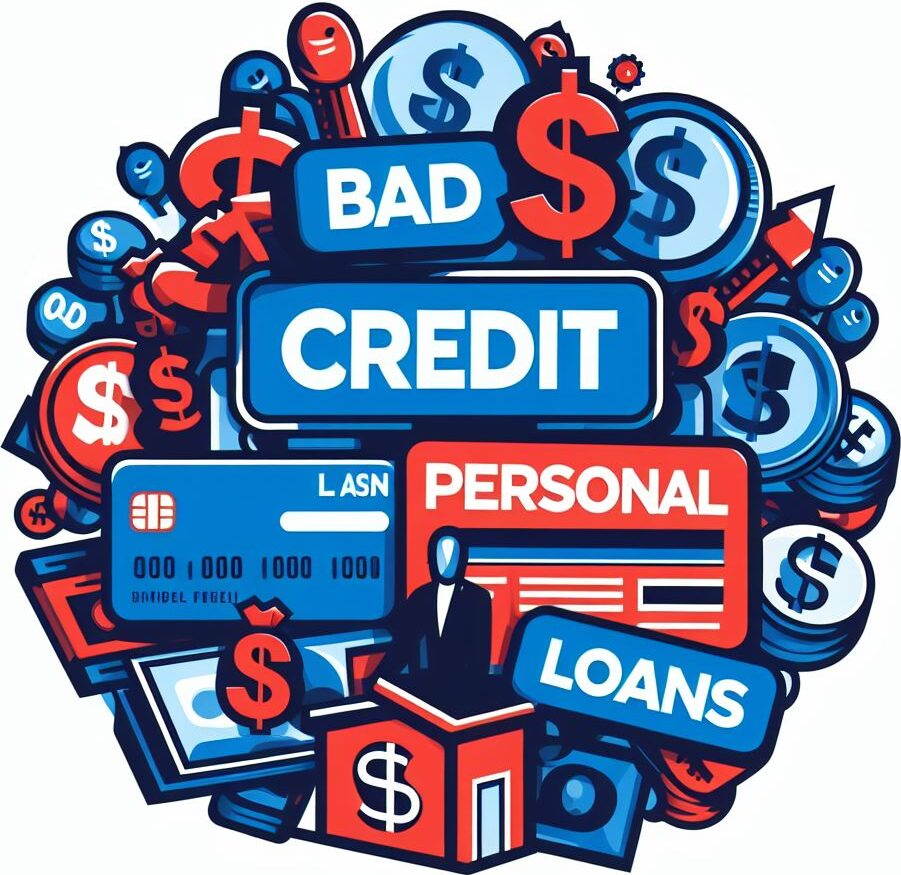A personal debt consolidation loan could be just what you need if you’re juggling several credit card balances or high-interest debts. Here’s the deal: it’s a type of loan that rolls multiple debts into a single, new loan. Typically, this new loan will have more favorable terms, such as a lower interest rate or a longer repayment period.

You might be wondering why you’d opt for a debt consolidation loan. For starters, it simplifies your financial life by transforming a mix of debts with varying rates and due dates into one manageable monthly payment. Moreover, since consolidation loans often come with lower interest rates, you could save a substantial amount in interest over time, and possibly pay off your debt sooner.
Now, before you jump in, it’s key to assess your financial landscape. Are you consolidating to streamline payments and save on interest, or just to lower your monthly outlay? Digging into your motives and the numbers can help you decide if this is the right move for you. It’s also important to bust some myths right off the bat—consolidating your debts doesn’t automatically erase them, and it won’t fix underlying spending issues. It’s a financial tool, not a magic wand.
Remember, not all debt consolidation is created equal. Personal consolidation loans can vary significantly from lender to lender, especially when it comes to fees, interest rates, and repayment terms. It’s essential to approach this with your eyes wide open, understanding all the associated costs and how they fit into your financial plan.
Navigating Bad Credit and Loan Approval
Understanding your credit score is the starting block for securing any loan, including those for debt consolidation. A ‘bad credit’ stamp typically follows a score below 580 on the FICO scale. This label can make lenders hesitant, but it’s not a dead-end road.
Before you apply, you might want to pump up your credit score. Simple actions can make a significant impact, like paying bills on time, reducing existing debt, and checking your credit report for errors.
Now, let’s talk about the specialists – lenders that cater to folks with credit scores that aren’t top-notch. They’re out there, and they might offer just what you need.
However, you’ve got to read the fine print. Terms like APR (annual percentage rate), repayment terms, and hidden fees are vital. Remember, it’s not just about getting the loan; it’s about being able to comfortably pay it back.
Applying for a Debt Consolidation Loan with Bad Credit
If you’ve been nodding along and thinking, ‘This is what I need,’ your next move is figuring out the application process. Securing a debt consolidation loan with bad credit can be challenging, but with the right preparation and knowledge, it’s far from impossible.
I’m going to cover the essentials to get you prepped for your application. That’s going to include the nitty-gritty of what documentation you should have at your fingertips and how to make yourself a more attractive candidate to lenders.
Now, you might be worrying about your chances of getting approved. Don’t sweat it too much. There are steps you can take that might boost your appeal, even if your credit score is less than stellar. I’m talking about things like offering collateral or finding a co-signer. Both can be game-changers in how lenders view your application.
Of course, life doesn’t always go as planned. If you hit a roadblock and find you’re not eligible for a traditional debt consolidation loan, I’ve got you covered. There are alternative routes like secured loans, credit unions, or even peer-to-peer lending platforms you may consider.
Securing the loan is one thing, but responsible borrowing is a whole different ballgame. I’m here to remind you that it’s critical to understand the loan’s terms and stay vigilant about repayment. After all, the goal is to get on top of your debt, not sink deeper into it.
Managing Debt Post-Consolidation
If you’ve taken the step to consolidate your debt, congratulations! You’re on a pathway to better financial health. But remember, consolidating your debt is just the beginning. To ensure lasting success, you’re going to need a solid plan and discipline.
A budget is your financial blueprint. Creating one that factors in your debt repayments will help you keep spending in check and make sure you’re never late on a payment. Stick to it rigorously, and you’ll find yourself moving towards freedom from debt steadily.
I understand that managing finances isn’t easy for everyone, and there’s no shame in seeking help. Financial counseling can be invaluable. Not only can a counselor help you set up your initial budget, but they can also provide ongoing support and strategies to manage your expenses more effectively.
Rebuilding credit should also be high on your agenda. This isn’t just about getting a good credit score; it’s also about establishing good financial habits. Each on-time payment is a step in the right direction. Over time, you’ll not only watch your debt shrink but also your creditworthiness grow.
Finally, think long-term. Consolidating your debt gives you a fresh start, so use it wisely. Learn from past financial mishaps and work to curb the behaviors that led you into debt. Don’t view consolidation as a one-time cure-all, but rather as an opportunity to revamp your financial lifestyle. Embrace the habit of saving, invest in financial education, and plan for unforeseen circumstances.
I really hope that you find these steps impactful. By choosing a more informed and disciplined financial path, you can turn the page on past credit difficulties and write a new chapter of financial stability. Good luck on your journey towards a debt-free life!

Hi,
This was an interesting helpful article on debt consolidation. I am glad your post included warnings about the dangers of this practice if one doesn’t get spending under control. I can speak from experience on this. We got into deep trouble with consolidation and didn’t control spending. One form of consolidation we did was wrapping credit card debt and our car loan into another credit card that offered free transfers and no interest for about a year or more. The problem was that we continued to spend rather than cutting up the old cards.
At one point we did a consolidation loan with our mortgage. We had a loan officer that said he could roll everything into a consolidation loan that was 100% LTV. The APR was high, but lower than the other debt we had. The loan was taking a while to go to closing. The loan officer kept saying that he was trying to find an appraiser that would get the value that we needed. We didn’t know what that meant, but later realized that he was trying to find an appraiser that was unscrupulous with his work. We finally got to closing with a loan that was 105% LTV. Terrible mistake and we were upside down forever.
So, yes, the consolidation loan can be a great tool, but there needs to be discipline. I wouldn’t just look at it as lower payments. Make a budget and then make payments that were close to the total of what you had before the consolidation. This will pay off the loan faster.
Those are just my thoughts on this!
– Scott
Hi Scott,
Thank you for sharing your experience with debt consolidation. Your insight into the potential pitfalls of this practice is invaluable. It’s unfortunate to hear about the challenges you faced, especially with the 105% LTV loan, which indeed sounds like a tough situation.
Your advice on maintaining discipline and budgeting diligently post-consolidation is crucial. It’s not just about lower payments but about fundamentally changing spending habits. Your suggestion to make payments close to the total of what you had before consolidation is spot on; it can help pay off the loan faster and avoid the trap of accruing more debt.
Your story serves as a cautionary tale and a reminder that while consolidation can be a helpful tool, it requires careful planning and commitment to financial responsibility. Thank you for sharing your insights—it’s conversations like these that truly enrich our understanding of personal finance.
Best regards,
Jeff